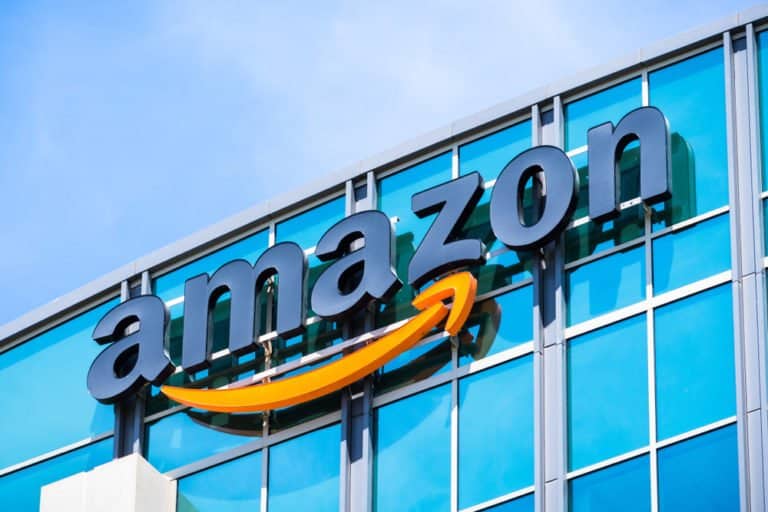The FTC’s recent competition case against Amazon has produced an unexpected by-product. The tech giant allegedly used a secret algorithm, Project Nessie, to artificially inflate its prices.
A recent copy of court documents on the FTC’s antitrust case against Amazon reveals more information about a secret algorithm, as detailed by The Register. The algorithm allows the online retailer to manipulate and artificially raise product prices to generate more sales.
Amazon has reportedly been working on preventing customers from buying products with the same, higher price from other online retailers since 2010.
The online retailer discovered from its investigations that competitors often base or try to price-match the same products on the level Amazon maintains, even when it raises them.
Project Nessie
Project Nessie, as the algorithm is called, was designed to ensure that competitors do not undercut the online retailer’s prices but sell for the same higher price. In this way, Amazon could keep its customers but also artificially set the price to generate more sales.
To do this, the algorithm would automatically raise the price of products on Amazon, thereby making customers pay more. Competitors, who base their prices on those of the online retailer, therefore had to follow suit with a price increase of their own.
Thus, Amazon is preventing competitors from undercutting its (higher) price and keeping customers within the platform.
Eight million price increases in one month
Recent documentation shows that Project Nessie raised the prices of more than eight million products with a combined price of $194 million in April 2018 alone. The online retailer didn’t always manage to keep the prices of these products the same, but that was seen as an acceptable loss.
However, the FTC’s investigation did find that in 20 percent of cases, Amazon’s competitors accepted the price increases and implemented them themselves.
According to the documents, the use of the Project Nessie algorithm would have already given the online retailer a total of $1.4 billion in revenue.
FTC case against Amazon
The competition law case by the American regulator focuses primarily on the Prime loyalty plan that the online retailer offers its customers. The online store allegedly misleads customers into signing up for a subscription while making unsubscribing unnecessarily complicated.
Internally, this was known but was not resolved because it would affect sales figures. According to the FTC, Amazon earns about $25 billion annually from its Prime subscriptions.
Also read: The days of unconstrained growth and bundling seem to be over for Big Tech
